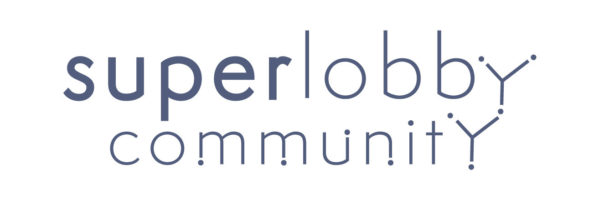
Email remains the go-to tool for at least 70% of communications with civil servants, politicians and media. Whether you are inviting a politician to an event, sending out a position paper or writing a press release, most of it is email, email and email. True, sometimes I wish we would return to the golden era of the pneumatic tube. But so many people write e-mails without thinking about whether or not it will have an impact. Will it be read and will it lead to a positive call to action? Here are pointers for writing Public Affairs/lobbying emails that will lead to the desired outcomes.
Short
In politics, there is an abundance of everything but always a shortage of time. Whether your e-mail will be read by the secretary, the personal assistant or the decision maker himself, be sure the person will be pressed for time. So there is absolutely no excuse for writing long emails. Let it be clear- they will not be read. And if you are the kind of person that makes a habit of writing long emails, you will be ignored altogether.
Concise and clear build-up
Your email needs to have a concise and clear build-up. This below is what I use most of the time.
- Introduction – State who you are and what led to your e-mail.
- ASK – Right in the beginning of the email drop your ask. Often in BOLD
- Context and relevance – Provide a little bit of context but even more so; RELEVANCE. Why is this email relevant for this person? And why should he/she answer favourable?
- Logistics; Provide in a very concise manner, where, what time, who and all the details the person needs to know.
- Finish: Show gratitude and repeat the key -ask
Short attractive subject-line
Spend some time thinking of an adequate subject line. Again, make it short. If it’s too long it will drop out of the screen and it will not get read. State part of your ask in the subject line and stack value. For example, you could drop names in the subject-lines or you could make it intriguing. I used the subject line; “Can I sell you at an auction?”. I was asking a politician to get involved in a charity auction. You can also simply make it very clear what you want; “Invite speaking engagement”.
[Like this blog? Sign up for my newsletter to get similar context every week!]
Personalise
Personalise your email. Use first names if you are on a first-name basis. Hell, you use first names even if you are not on a first-name basis. Refer to recent tweets or personal actions of the receiver. Nobody likes to receive a standard e-mail.
Stack value
The chance of your email actually being read increases when you stack value in the e-mail. Stacking value is sometimes also referred to as hot-cognitions
Here are some examples of stacking value/hot cognitions in e-mails.
- Drop names (like peers from the decision-maker)
- Refer to the presence of media at your event
- Make the timing of your ask matter (position paper just before an important debate)
- Let the email be sent by someone who the receiving party knows and cares about
- Sign the email with a (big) group of people
- Flatter the receiver by referring to his actions, which has led to some success
- Use words like prestigious, high level, world-class
Bonus: Yes I use bold
Recently I saw the rise of bionic reading. It’s a way of writing where you play with fonts so that the reader reads your text faster than he would do normally. I saw a Youtube video describing it as utter bullocks. But, but, but, I do use bold and underline parts of the text. Like my key ask is always in bold, just as logistics information like the place and the time. Or if there is an urgency I will even play with red font and bold. Use this with caution though as it can cause irritation very quickly.

